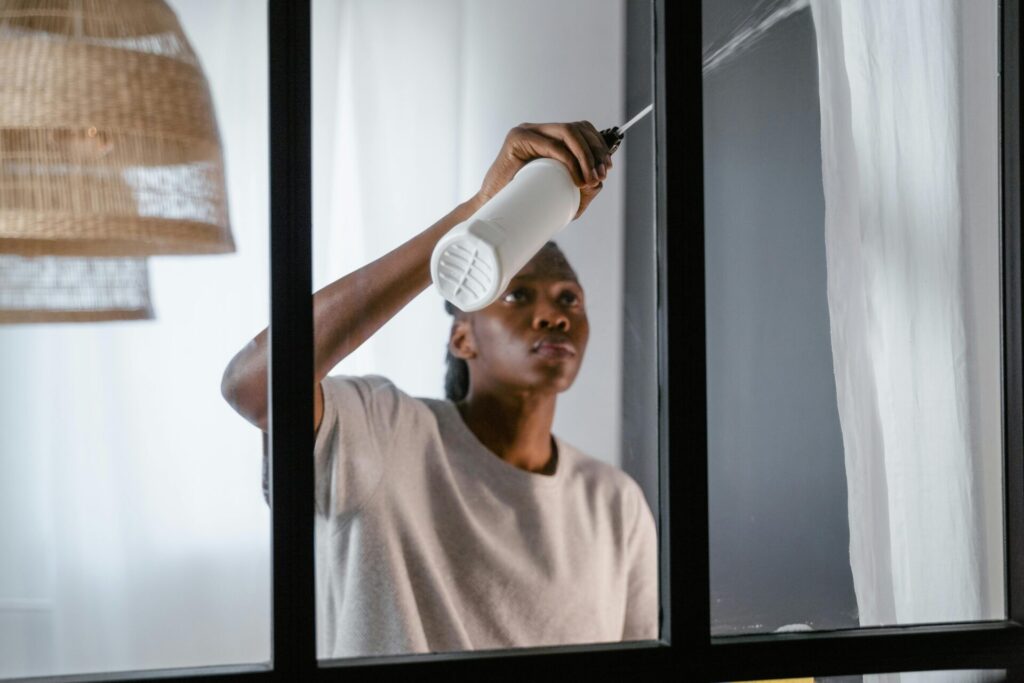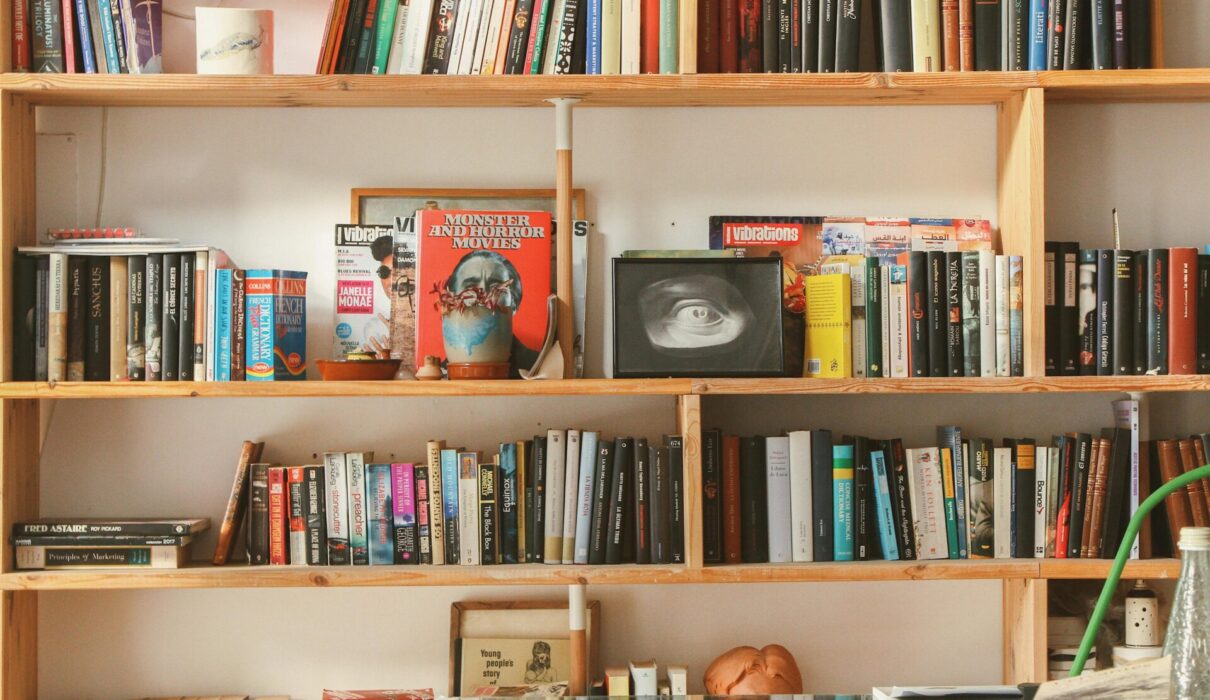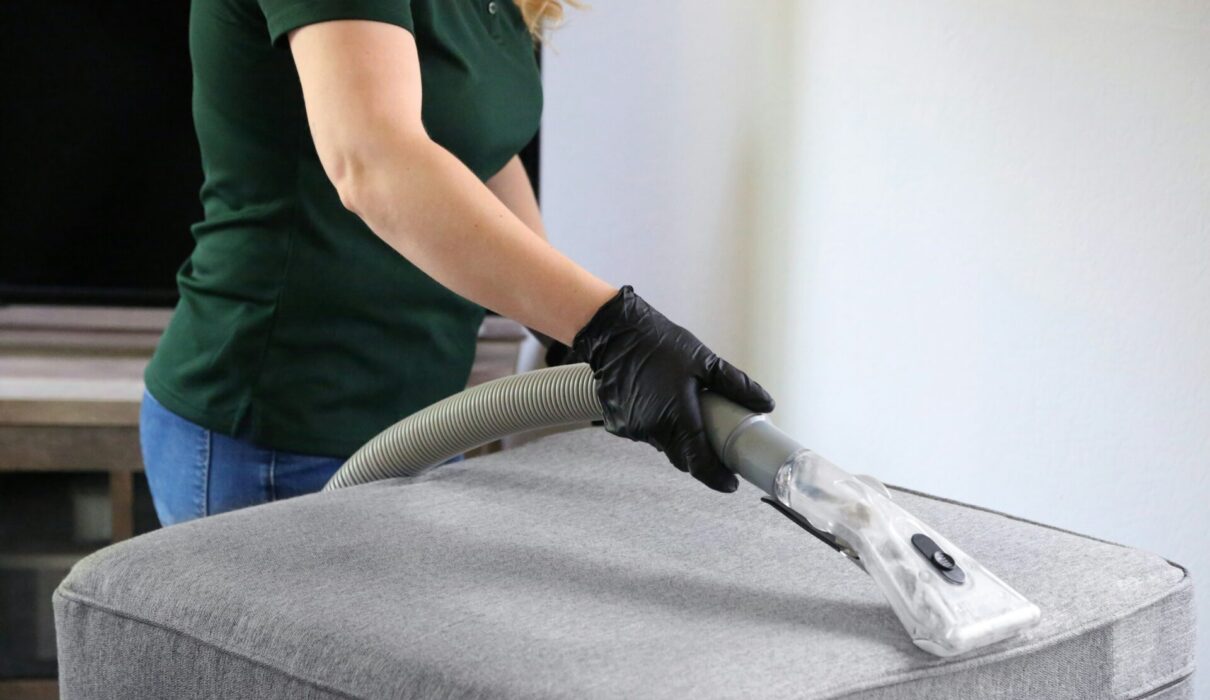How To Make The Best Window Cleaner From Your Kitchen?

Making your own window cleaner at home is a simple and effective way to ensure a streak-free shine while avoiding the chemicals often found in commercial products. By using common items you likely already have in your kitchen, you can create a powerful cleaning solution that’s both budget-friendly and environmentally conscious. This approach not only saves you money but also allows you to maintain a cleaner home with fewer toxins, making it a great choice for those who prioritize natural cleaning methods.
The process of creating a homemade window cleaner is straightforward and requires minimal effort. With just a few steps, you can mix up a solution that delivers professional-quality results. This DIY method is perfect for anyone looking to achieve sparkling clean windows without the need for expensive, store-bought cleaners. Plus, using ingredients from your kitchen means you always have a fresh supply on hand whenever your windows need a little extra care.
Read also: How to Make Your Walls Spotless
Simple Homemade Window Cleaner Recipe
Achieving spotless windows doesn’t require expensive cleaners—just a few common ingredients from your kitchen can do the job effectively. This homemade window cleaner is easy to make, eco-friendly, and delivers a streak-free shine.
Ingredients:
- 2 cups distilled water
- 1/2 cup distilled white vinegar
- 10 drops essential oil (your choice of scent)
Instructions:
- Prepare the Solution:
Start by gathering a clean spray bottle that can hold at least 3 cups of liquid. Pour in 2 cups of distilled water and 1/2 cup of distilled white vinegar. The vinegar will help break down dirt and grime on your windows. If you prefer a pleasant scent, add 10 drops of your favorite essential oil, such as lavender, lemon, or eucalyptus. - Mix and Test:
Secure the lid on the spray bottle and shake well to ensure all ingredients are thoroughly mixed. Before applying the cleaner to a large area, test it on a small, hidden part of the window to make sure it doesn’t cause any unwanted reactions to the surface. - Clean and Shine:
Spray the cleaner directly onto your windows, starting from the top and working your way down. Use a microfiber cloth or a squeegee to wipe the window clean in circular motions or straight, overlapping strokes. After cleaning, wipe away any remaining moisture with a dry, lint-free cloth to achieve a streak-free finish. - Store and Reuse:
Any leftover cleaner can be stored in a cool, dark place. Remember to shake the bottle before each use to keep the ingredients well-mixed and ready for the next cleaning session.
Read also: How To Clean Rust With Aluminium Foil
Window Cleaner Alternatives
If you find yourself without vinegar or other common ingredients for making a window cleaner, don’t worry—there are plenty of effective alternatives you can use to achieve sparkling windows.
- Rubbing Alcohol:
Rubbing alcohol is a great substitute for vinegar. It’s excellent at cutting through grease and grime, and it evaporates quickly, helping to prevent streaks. To make a rubbing alcohol-based cleaner, mix 1 cup of rubbing alcohol with 1 cup of distilled water. You can add a few drops of essential oil if you prefer a pleasant scent. This solution works well for removing fingerprints and other smudges. - Dish Soap:
Dish soap is another handy alternative. It’s particularly effective at breaking down oily residues on windows. Simply add a few drops of dish soap to 2 cups of distilled water and mix it well in a spray bottle. This solution is mild yet powerful, making it a great option for regular window cleaning. After applying, be sure to wipe the windows with a dry cloth to avoid any soapy residue.
These alternatives are easy to find and just as effective, ensuring you can always keep your windows clean, even if you’re missing a few ingredients.
Read also: How To Wash Throw Pillows Properly
What’s the Most Effective Method for Streak-Free Window Cleaning?
To ensure a flawless shine, use a high-quality microfiber cloth or a rubber-bladed squeegee, and wipe in circular motions or straight overlapping strokes. It’s best to clean windows on a cloudy day or when the sun isn’t directly hitting the glass to prevent the cleaning solution from drying too quickly and leaving streaks. After cleaning, use a dry, lint-free cloth to remove any remaining moisture. Following these steps will help you achieve perfectly clear and streak-free windows.

Expert Tips To Maintain Clean & Shiny Windows
To maintain clean and shiny windows, it’s essential to establish a regular cleaning routine, ideally every few weeks, to prevent dirt and grime from accumulating. Using high-quality window cleaners or homemade solutions can effectively keep windows clear without leaving residue. For optimal results, clean your windows on cloudy days when the sun isn’t directly shining, as direct sunlight can cause cleaning solutions to dry too quickly, leading to streaks.
Employing the right tools, such as microfiber cloths or rubber-bladed squeegees, helps ensure a streak-free finish. After cleaning, it’s crucial to dry the windows thoroughly with a lint-free cloth to remove any remaining moisture and achieve a sparkling shine. Addressing spills and smudges promptly can prevent them from drying and becoming more difficult to clean.
Regularly inspect and maintain window frames and sills to keep dirt and mold at bay, which helps prevent transfer to the glass. Lastly, avoid using harsh chemicals and opt for eco-friendly or natural cleaning solutions to protect both your windows and the environment. By following these practices, you can keep your windows looking pristine and polished.
Read also: How To Get Rid Of Fruit Flies From Home Right Away
Precautions to Take When Making Your Own Glass Cleaner
When crafting your own glass cleaner, it’s essential to be aware of toxic chemical combinations that should never be mixed. For instance, combining vinegar and bleach is highly dangerous and should be strictly avoided. The reaction between these two substances releases toxic chlorine gas, which can cause respiratory problems, irritation, and even more severe health issues if inhaled. Similarly, mixing ammonia with bleach or other cleaning agents can produce hazardous fumes, including chloramine vapors, which are also harmful to your respiratory system.
To ensure safety, always use one type of cleaner at a time and avoid mixing different cleaning agents unless you are certain of their compatibility. Stick to simple, well-known recipes and avoid experimenting with unfamiliar combinations. By being cautious and informed about the chemicals you use, you can create effective and safe homemade glass cleaners while minimizing health risks.
Frequently Asked Questions
1. How To Deep Clean Windows?
Deep cleaning of windows involves a thorough approach to ensure a spotless finish. Begin by removing dust and cobwebs from the window frame and sill with a dry cloth or a vacuum cleaner with a brush attachment. Next, wash the windows with a solution of warm water and a few drops of dish soap to remove dirt and grime. For stubborn spots, use a sponge or a soft brush to gently scrub the glass. Rinse the windows with clean water, then squeegee the glass from top to bottom in overlapping strokes to prevent streaks. Finally, wipe the edges and sills with a dry, lint-free cloth to remove any remaining moisture and achieve a crystal-clear shine. This comprehensive cleaning process ensures that both the glass and surrounding areas are thoroughly cleaned.
2. Which Is A Better Cleaning Solution?
The best cleaning solution for windows depends on your specific needs and preferences. A mixture of equal parts distilled white vinegar and water is a popular choice for its natural, eco-friendly properties and effectiveness at cutting through grime without leaving streaks. For those who prefer a commercial option, specialized window cleaners are formulated to reduce streaks and enhance shine, though they may contain chemicals. Another effective solution is a few drops of dish soap mixed with warm water, which handles grease and dirt well but may require extra wiping to avoid soap residue. Rubbing alcohol mixed with water is also a quick-drying option that effectively removes fingerprints and smudges. The ideal choice depends on whether you prioritize natural ingredients, specialized performance, or quick drying.
3. Which Is More Effective for Cleaning: Vinegar or Alcohol?
When comparing vinegar and alcohol for cleaning, each has its strengths. Vinegar is effective at cutting through grime and mineral deposits and is particularly good for general cleaning tasks and deodorizing. It’s a natural, non-toxic option suitable for many surfaces. On the other hand, rubbing alcohol is highly effective at dissolving grease, removing fingerprints, and evaporating quickly, which helps prevent streaks. It’s often preferred for streak-free finishes on glass and mirrors. The choice between vinegar and alcohol largely depends on the specific cleaning task: vinegar is ideal for everyday cleaning and deodorizing, while alcohol excels in removing stubborn residues and providing a quick-drying, streak-free shine.







2 Comments